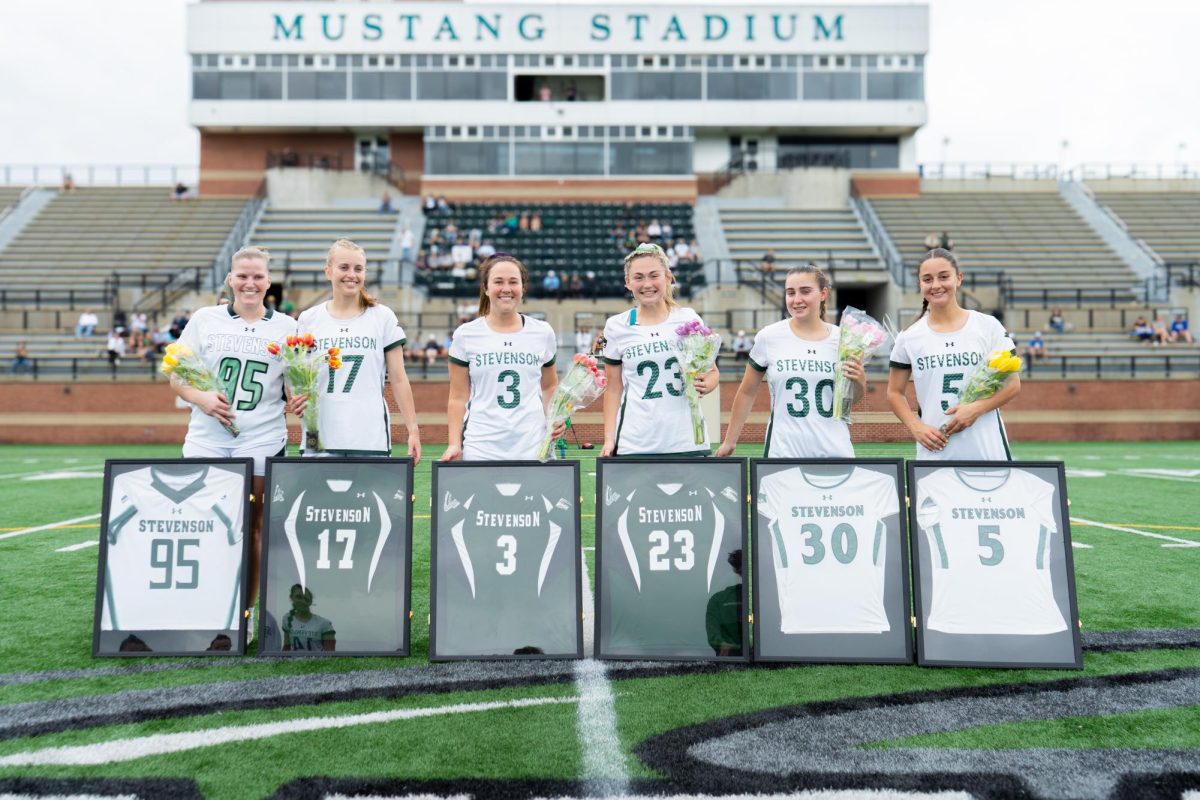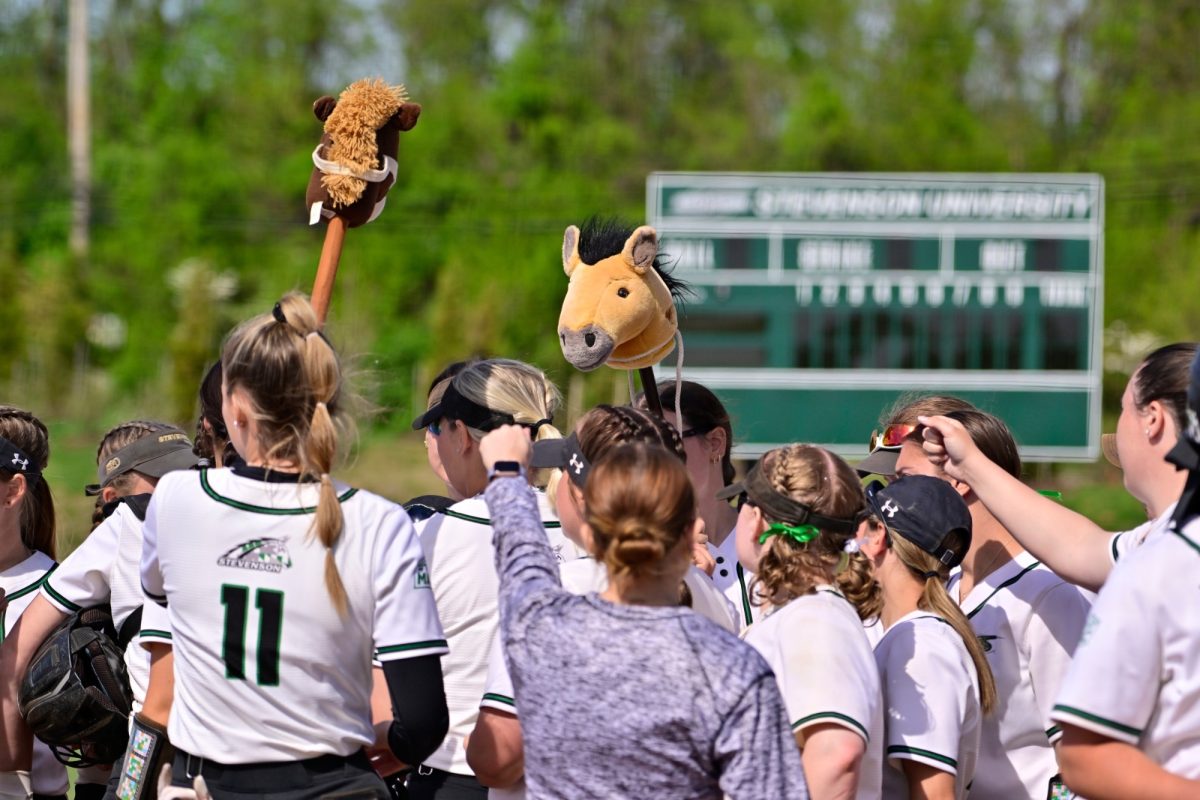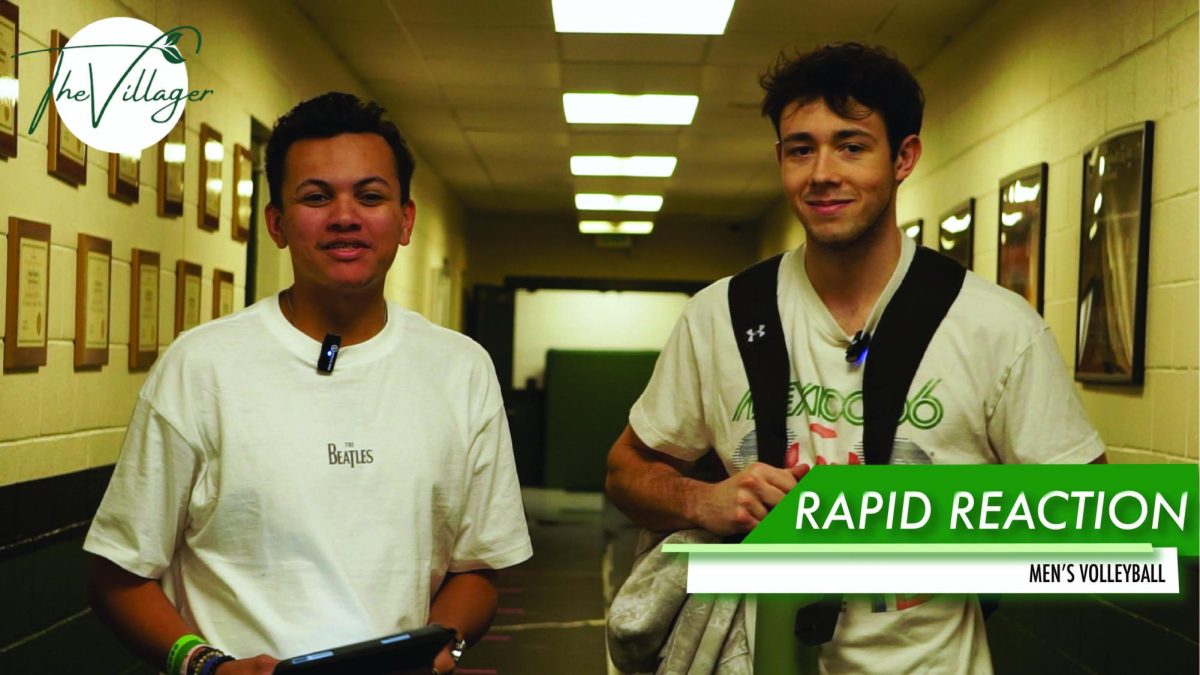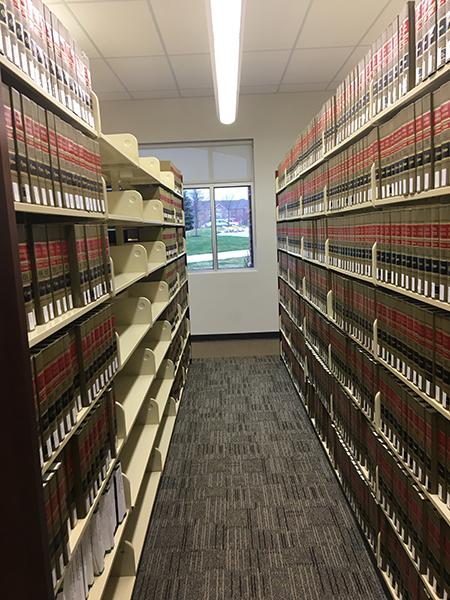By: Lawren Mickenberg
Stevenson University Library sponsors an annual contest known as the Library Research Award (LibRA). The contest is held as an effort to recognize exceptional student research in all majors.
The contest is only open to undergraduate students. Those taking traditional (on-campus), hybrid, and Stevenson University Online (SUO)/fully online courses are all encouraged to enter.
The students may enter a project that was previously produced for a course, as well as a short essay describing the research process. The entries are judged on the quality, scope, and originality of the research. The winner receives a $200 award and the project is archived in Stevenson’s institutional repository, the Stevenson Scholar Exchange.
The website details what the award is, student and project eligibility, entry and evaluation process, guidelines, winners, and committee members. The deadline to submit entries is January 14, 2022. All information can be found at this link: (https://stevenson.libguides.com/libra)
Participants should make sure to check the student and project eligibility page. The first entry of a past winner, Muskan Malhotra, was rejected. The rejected entry was a paper from a previous semester, however, her winning entry was a research paper about the foster care system which she wrote for her human services class at the time.
The new winner of the award will be announced at the Paul D. Lack Scholars Showcase on Feb. 25. For those wanting to see the results of the competition but cannot make the showcase, the winner(s) name will be posted on the website in the winner’s section.
Regarding the projects, submitted participants should know that all kinds of projects are acceptable, not just research papers or scientific research. Not all majors utilize traditional research projects, so, students from all disciplines can enter their work. Research can take all kinds of forms and be used to create many different final projects, and all of them would be eligible for the award.
While the Paul D. Lack Scholars’ Showcase has had a theme in the past, the organizer of the event, Elizabeth Fields, stated “I wouldn’t want to set a particular theme and have a student feel they can’t enter their work because they’re afraid it doesn’t qualify.” Thus, there is no theme for the contest due to the sponsors wanting to make sure they are open to the widest range of student projects possible.
The Library Research Award originated after a suggestion from the previous library director, Sue Bonsteel. She had seen other libraries sponsor similar contests and believed that the research award would be a good way to recognize exceptional student research and academic work. The award is also an opportunity for students to receive additional recognition beyond getting a good grade on an assignment.
“Schoolwork is actually a little unusual in that the professor is often the only one who sees the finished project. In graduate school, academia, and a professional setting, the goal is often to publish and create work to be viewed by a wider audience, and we wanted to encourage undergraduate students to start seeing that as a possibility for their own work,” stated Elizabeth Fields.
While one of the goals may have been to allow a wider audience the chance to see the student’s work, only a limited number of pieces are published. The winning entry or entries are viewable on the Stevenson Scholar Exchange website at https://mdsoar.org/handle/11603/4395.
Occasionally, finalists or runners-up may also be chosen and can have their work added to the Stevenson Scholar Exchange. All other entries will not be publicly available online through any library resources. However, that does not stop students who wish to add their own work to their personal websites or portfolios.
When the evaluation committee meets to choose a winner, they judge the entries based on a rubric that is posted on the library website under “Evaluation Process”. Since the projects can vary greatly depending on the discipline or course/assignment and have already received a grade in their respective class, the entries are judged by content. The judges are interested in what kind of research went into the project. This makes it easier to compare different types of work and to even the playing field.
There are three components of an entry: the project itself, the list of references, and the research essay. In the research essay, the student must discuss what kind of sources they used in their research, where they looked for information, how smoothly the research process went, and what they learned from doing this research project.
Though the research award has not been around for long the winning entries have been different each year. Past winning projects included a board game produced for a joint biology/graphic design course, a museum exhibit produced for a public history course, a professional portfolio created for a graphic design course, and a paper written for counseling and human services course.
Students can enter the contest for many reasons. Malhotra stated, “I entered because I needed the money and I wanted to know if I could do it.” Despite her first entry being rejected, she entered another piece and even ended up winning the contest. “I didn’t expect to win. I didn’t think my writing was good enough. The timing of the win was at the perfect time too. I needed that win,” Muskan stated, explaining her feelings on winning.


























































